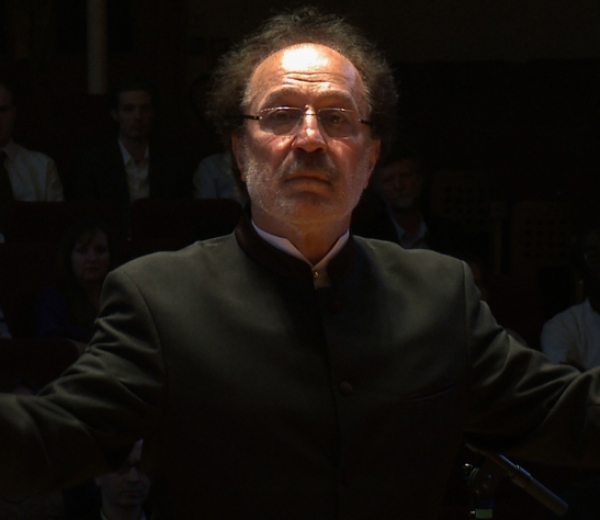Vartan Melkonian
SIIM
Longitude: 9 deg 46 min 54.12 sec N
SIIM image
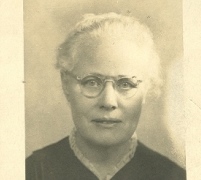 Siim, 8680 Ry, Denmark
Siim, 8680 Ry, Denmark
The small town near Ry, where Maria Jacobsen was born. It was here that she learnt about the Genocide.
Muşh
Longitude: 41 deg 29 min 27.96 sec N
Vartan’s father came from Mush, in today’s Turkey, but fled during the Genocide
BEIRUT
Longitude: 35 deg 29 min 43.8 sec N
BEIRUT image
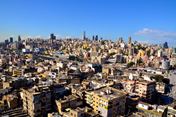 Beirut, Lebanon
Beirut, Lebanon
Vartan’s parents met in a Beirut refugee camp and he grew up there
BYBLOS
Longitude: 35 deg 39 min 6.8400000000001 sec N
The Bird’s Nest orphanage, where Vartan grew up, was established in 1928.
LONDON
Longitude: -0 deg 7 min 39.9288 sec N
LONDON image
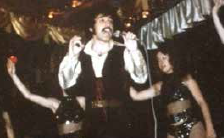 London, UK
London, UK
Vartan met two Omani princes during his residency at Celebrity nightclub. They helped launch his conducting career
ABBEY ROAD
Longitude: 0 deg 0 min 13.536 sec N
Where Vartan first recorded Drake’s Passage.
SEA SIDE TOWN SKEGNESS
Longitude: 0 deg 20 min 16.3716 sec N
SEA SIDE TOWN SKEGNESS image
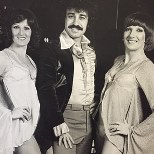 Skegness, Lincolnshire, UK
Skegness, Lincolnshire, UK
Vartan’s first job in England was singing Tom Jones covers in pubs around Skegness.
Abbey Road studios in central London has seen concerts and recordings aplenty since it was immortalized by The Beatles in 1969. But there has never been anything quite like the event that took place in April 2014.


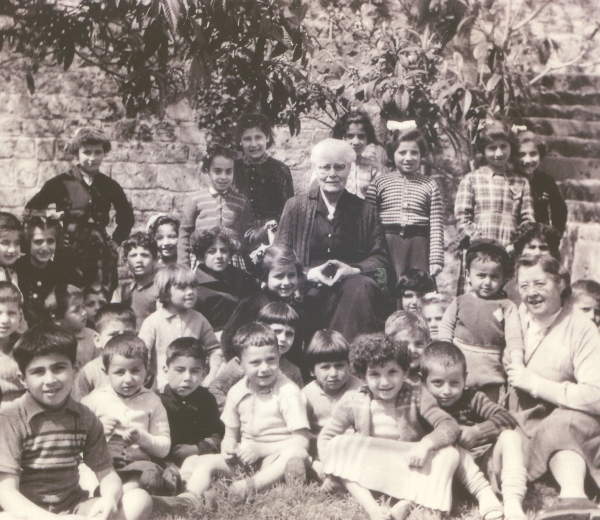
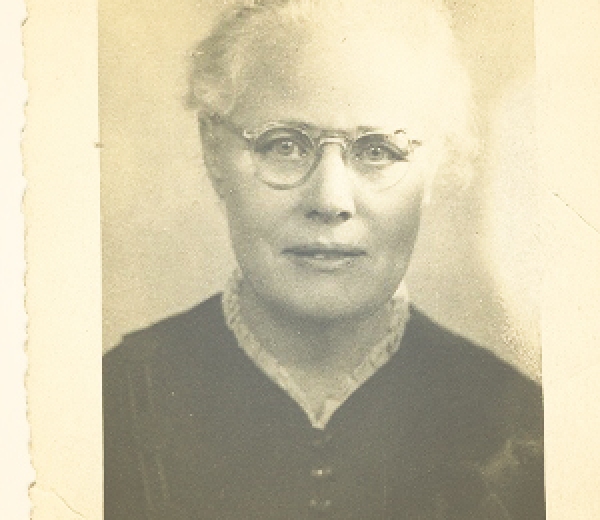
“I owe everything I am, my very existence, to a nurse from Denmark who had a vision of an angel telling her to go to a land she had never visited, at a time when women did not travel alone, to save Christians from being massacred. It was an extraordinary thing to do.”
“I cannot express my gratitude enough, to say how wonderful people like Maria were. I and the other children in the orphanage called her ‘Mama.’ I didn't know her real name until I’d grown up.”
Melkonian’s family hailed from the city of Mush, near Van, back in what was then Armenia but is now in Turkey. He recalls his late father, Moses, telling him how, as a six-year-old boy, he saw his parents rounded up and taken away by Ottoman soldiers. Neither was seen again and there is no record of what happened to them.
Moses was placed in an orphanage by an organization called Near East Relief and later transported to a refugee camp in Beirut. It was there in around 1940 that he met, fell in love with and married another orphan, Haiganoush. Vartan was born a few years later. Haiganoush died of plague when Vartan was only four years old. Moses was grief-stricken and could not care for his children. So, Vartan and his brother and sisters went to live in the Bird’s Nest orphanage, in Byblos, 35 miles north of Beirut. They lost touch with Moses.
Life at the Bird’s Nest was hard, but it was home. Even though he had never been to Armenia, he learnt something of his culture in the orphanage, thanks to Jacobsen. “Every first Sunday of the month we used to have an Armenian Mass. It kept our tradition going.”
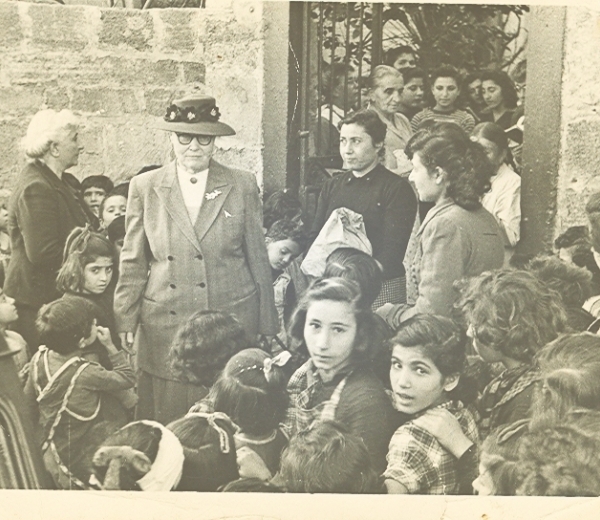
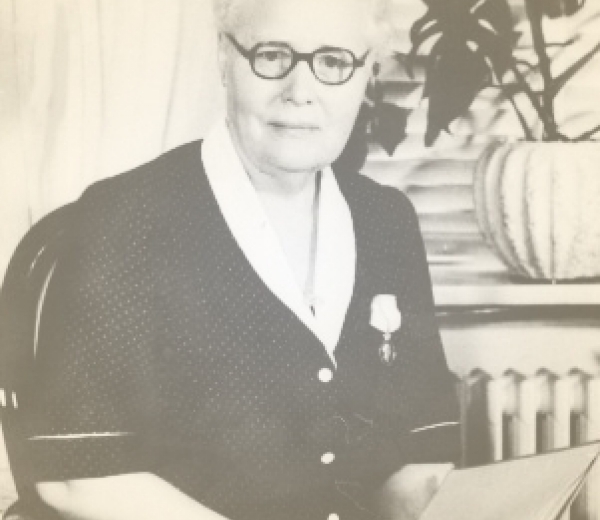
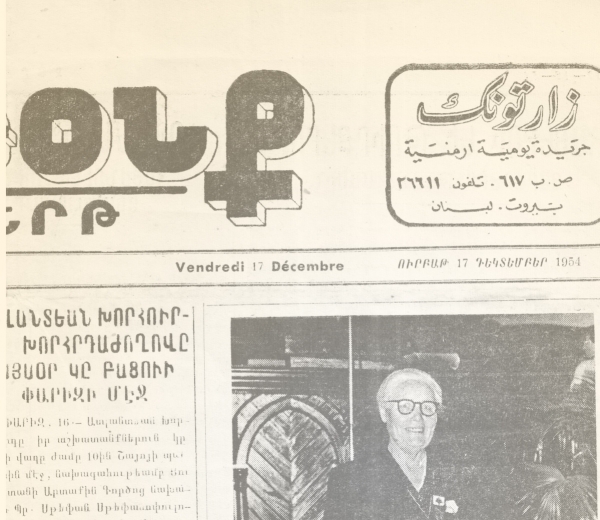
It was Jacobsen who first told him of the Genocide. “We used to sit under a tree and she would tell us eye-witness stories. To know that my kin were actually subject to this barbarism was almost impossible to understand.”
That’s why commemorating the centenary is so important, “not only for Armenians, but also for ordinary people, for everyone.”
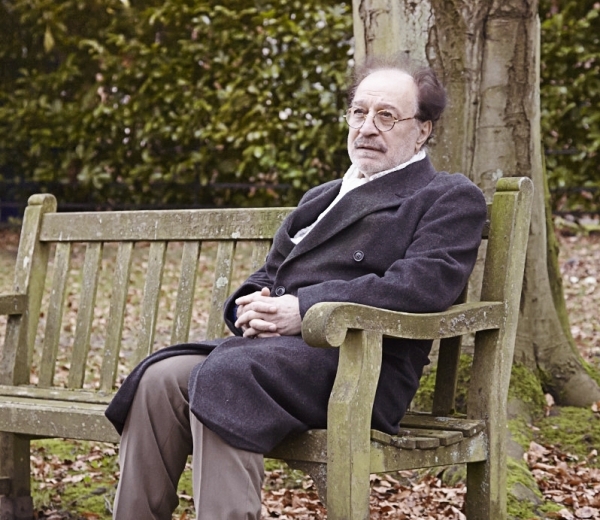
If Maria Jacobsen saved Melkonian’s life, it was music that made his life. After hearing his first classical music on Jacobsen’s gramophone, he acquired a guitar and taught himself how to play.
His big break came when he was a teenager and became the lead singer in Fontana nightclub’s house band. At the club an English musician helped him to get a job performing in clubs and pubs in the north of England. “I was happy to leave Lebanon because it was the 1970s and the conflict was starting. I went from sunny Beirut to Skegness and I would sing Tom Jones’ covers - Delilah!”
The story is verified by an independent Story Verification Panel and the 100 LIVES Research Team
